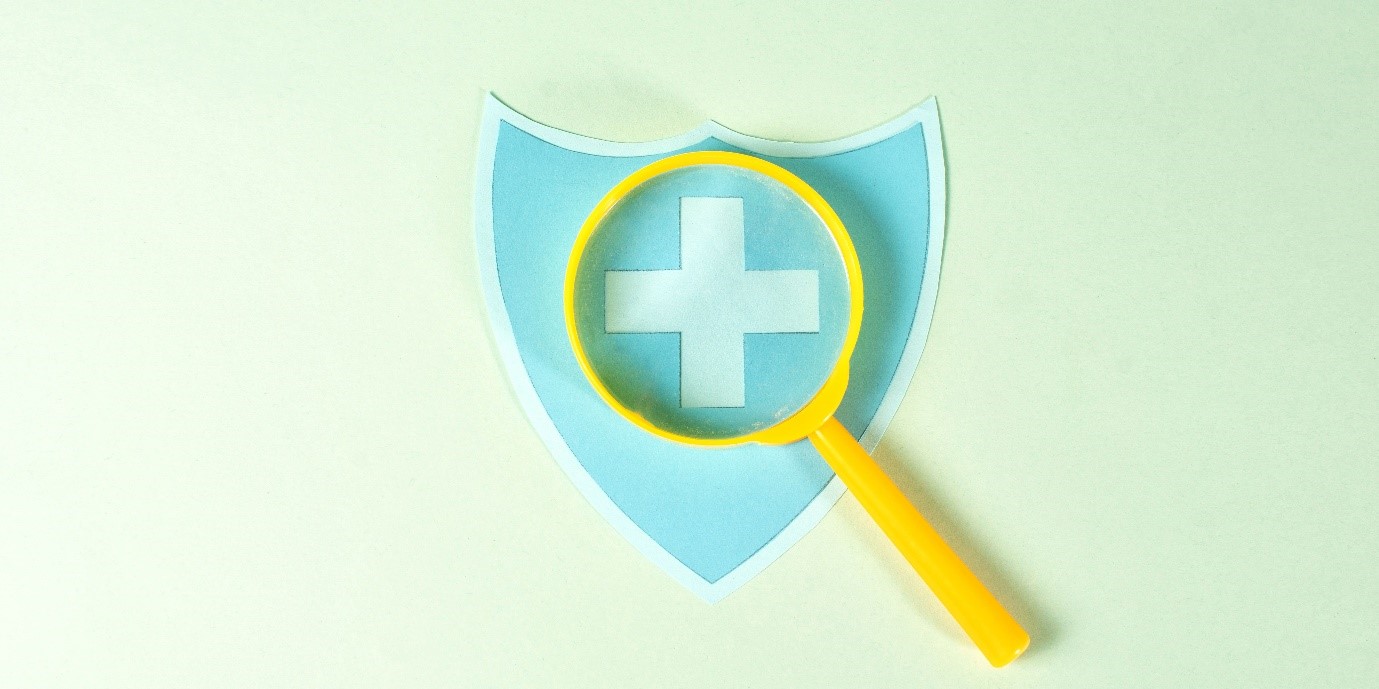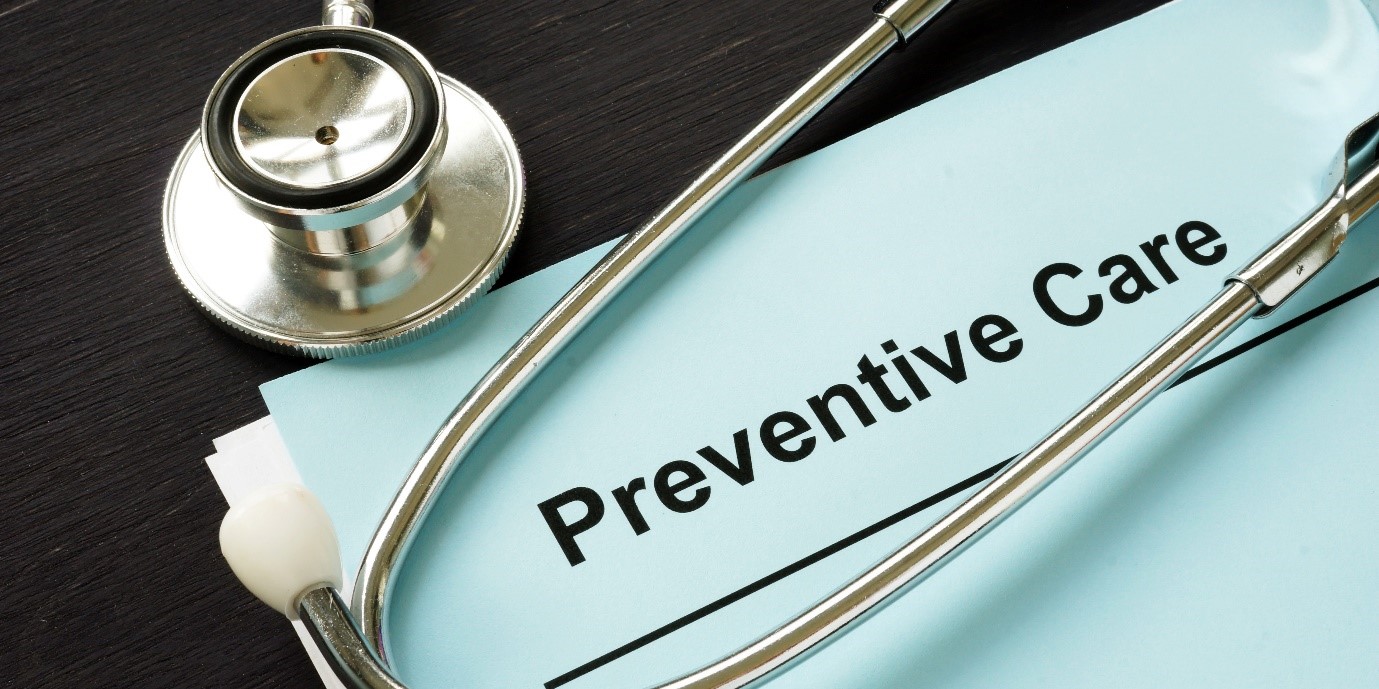Terms such as “limits,” “sub-limits,” and “exclusions” arise in the context of medical aid plans and can make an already daunting decision much more confusing. Understanding medical aid is about more than just monthly contributions or benefits. It’s also about what is not covered and how much protection is left when the time really matters.
This guide will explain what medical aid limits and sub-limits are, explain some common medical aid exclusions, and assist you in making more informed decisions using tools such like the free MedicalAid.co.za comparison platform.
What are medical aid limits?
Medical aid limits represent the maximum amount that your particular scheme will pay for a range of healthcare services each year. More commonly, this is referred to as the overall annual limit, which is the total amount of benefits you can claim in a year.
For example, if your medical aid plan has an annual limit of R500,000, and the total amount of your claims adds up to this amount, any additional costs will need to be paid by you until the limit resets the next year. While some comprehensive plans may not apply overall limits, many capitation or entry-level plans do.
Understanding these medical plan caps is critical to avoiding nasty surprises, especially during medical emergencies, planned medical procedures or when managing a chronic illness.
Decoding sub-limits in medical aid
Sub-limits are more specific than limits: they restrict how much your plan will pay for very specific procedures or treatments, regardless of where you are still within your overall annual limit.
For instance a medical scheme may include sub-limits similar to these:
- MRI and CT scans may have a sublimit of up to R10,000 per year.
- Hearing aids or prosthetics might be capped at around R5,000.
- Certain dental procedures may only be covered up to a fixed amount, regardless of the total cost.
These medical aid sub-limits can catch you off guard. You might assume you’re fully covered, only to find you owe thousands for a treatment that exceeded a sublimit you were not aware of.

Common exclusions in medical aid plans
Exclusions are treatments or procedures your plan won’t cover at all – no matter your overall limit or benefit tier. Typical medical aid exclusions include:
- Cosmetic surgery (unless medically necessary)
- Experimental or unproven treatments
- Infertility treatments
- Certain over-the-counter medications
- Alternative therapies not recognised by the Scheme
Understanding medical aid exclusions is just as important as knowing your benefits. A treatment that isn’t covered means you pay 100% out of pocket.
Impact of limits and sub-limits on your cover
Limits and sub-limits don’t just restrict access, they also create out-of-pocket costs. If a procedure costs more than your sublimit allows, you must pay the difference. In some cases, this could mean tens of thousands of rands.
This is where gap cover becomes essential. Gap cover is a separate policy designed to cover the shortfall between what your medical aid pays and what private specialists actually charge. It doesn’t replace your medical aid, it protects you from the financial “gaps” that limits and exclusions can create.
Some plans also require co-payments, a set amount you must contribute towards a procedure. This often applies to high-cost treatments or when using providers outside your scheme’s designated service providers (DSPs).

How to compare medical aid plans effectively
Making sense of all this is no easy task, but the right tools make all the difference. If you’re doing a medical aid comparison in South Africa, be sure to:
- Check both annual limits and individual sub-limits
- Review the list of medical aid exclusions carefully
- Understand co-payment requirements
- Compare hospital plans vs comprehensive plans side by side
- Assess whether you’ll need gap cover for peace of mind
The free comparison tool at MedicalAid.co.za helps you evaluate options clearly, whether you’re already on a plan or looking for a new one. Not on a medical aid yet? You can get a quote here.
Conclusion
Understanding medical aid is about more than just your monthly premium. It’s about knowing the fine print, medical aid limits, sub-limits, and exclusions, so you can protect yourself and your family from unexpected costs. Use smart tools, read the details, and when in doubt, speak to an advisor who can help you navigate the complexity.





























